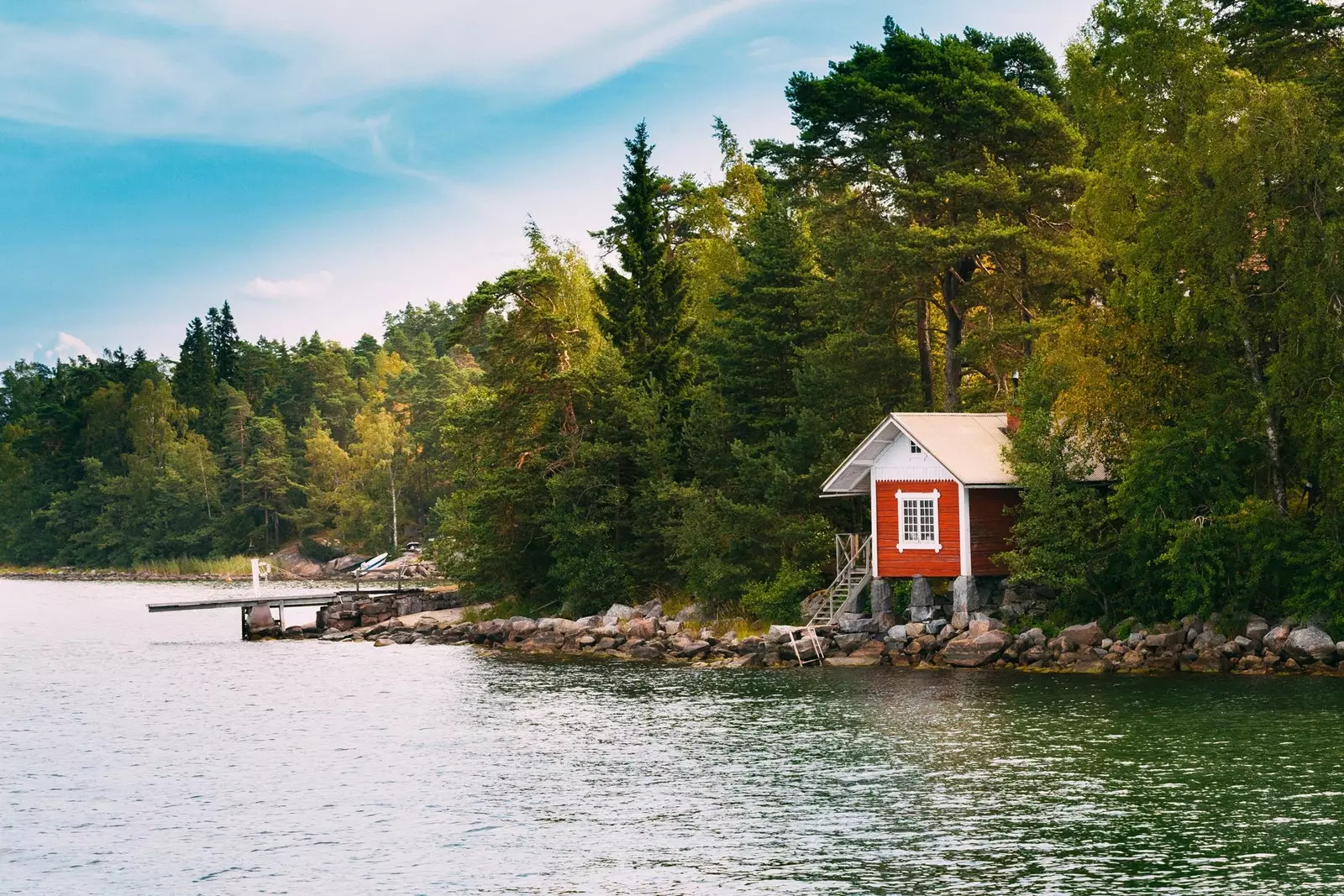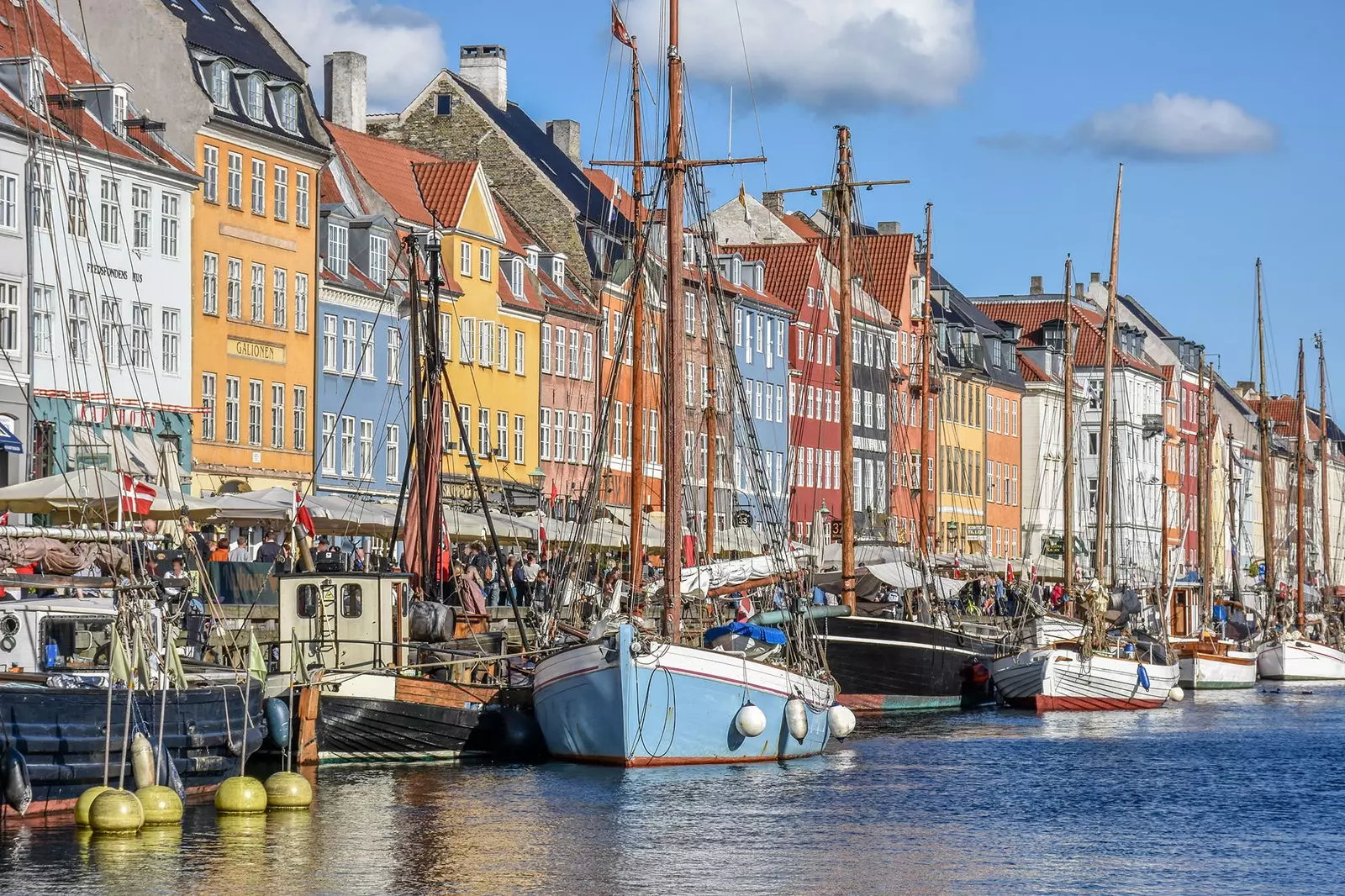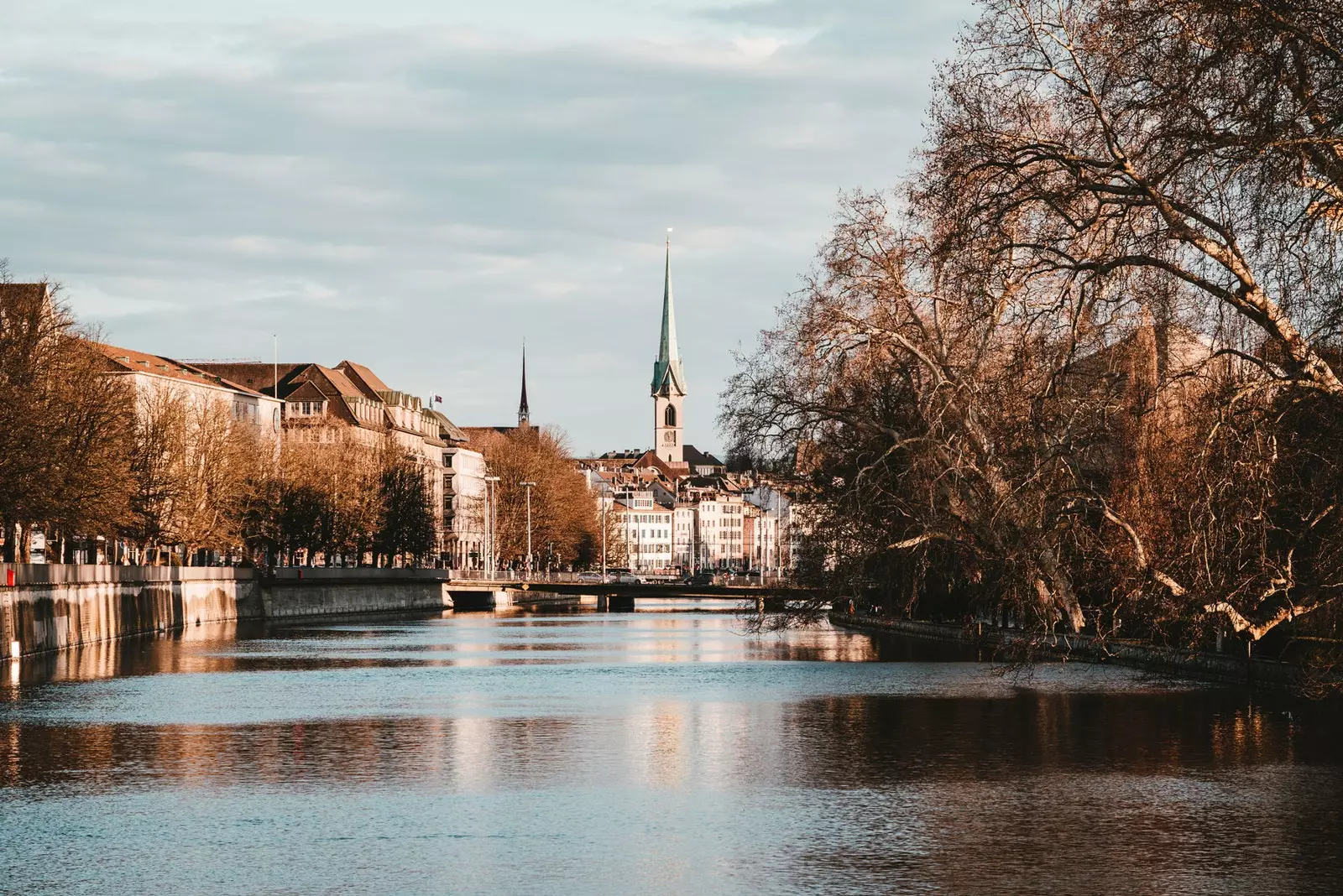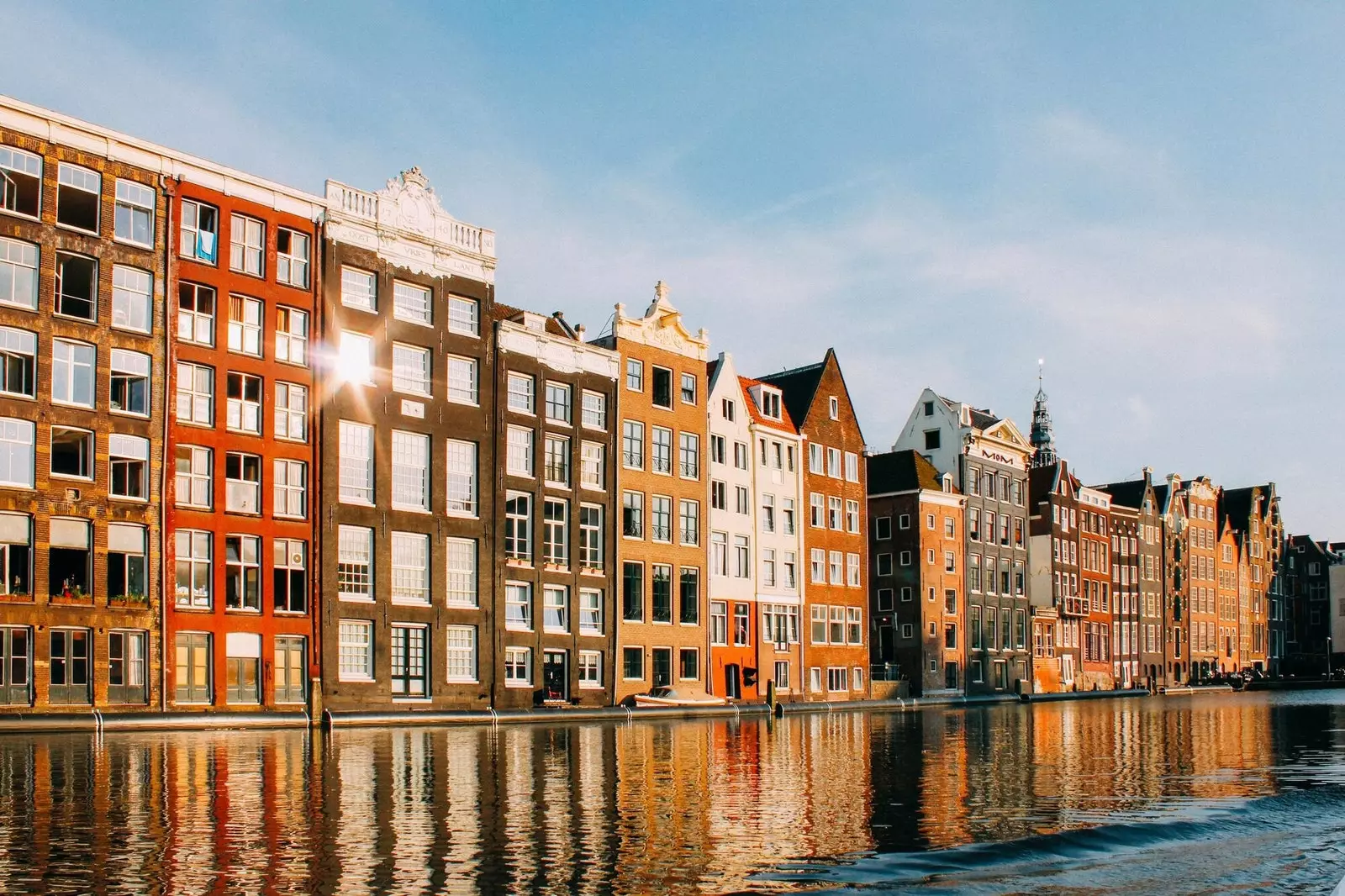Finland it is the happiest country in the world for the fifth consecutive year. This has been revealed by World Happiness Report 2022 (World Happiness Report 2022), whose edition this year, despite being marked by the war and the pandemic lets see a ray of hope.
The World Happiness Report, which celebrates its tenth anniversary this year, ranks 156 countries around the world according to their level of happiness –in 2021 it reached more than 9 million people–, based on two key ideas: that happiness cannot be measured through opinion polls, and that we can identify key determinants of well-being and thus explain the life evaluation patterns in the different countries.
“This information, in turn, can help countries design policies aimed at achieving happier societies” , they say from the Solutions Network for Sustainable Development (known as SDSN for its acronym in English: Sustainable Development Solutions Network), the global initiative of United Nations responsible for preparing the report.
The top 10 of the happiest countries in the world has remained very similar to last year: Finland continues to lead the list. Second is Denmark (moving up one position) and in third place, Iceland (down one position from the previous year).

Finland, the happiest country in the world for the fifth year in a row.
WHAT IS THE SECRET OF FINNISH HAPPINESS?
Not one, not two, not three, Finland has held the title of happiest country in the world for five years. Your secret? None: There are many times that we have told you about all the things that fascinate us about Finnish culture.
To begin with, the Finns combat stress with forest baths, and it is that if the country can boast of something, it is of its incredible natural heritage –Finland is also known as the country of a thousand lakes–.
here exists an island for women only Y a curious and practical box for babies and the “sauna moment” It is part of the daily life of the population.
Also, in Finland you can visit Santa's house, sleep in glass igloos under the northern lights , meet amazing Architectural works and discover the latest in design.
And what about that traditional Finnish concept called ‘sisu’ (give guts to life)?

Levin Iglut, Lapland.
THE TEN HAPPIEST COUNTRIES IN THE WORLD
The World Happiness Report turns ten years old and since its creation in 2012, there are four countries that have occupied the first place in the ranking: Denmark in 2012, 2013 and 2016, Swiss in 2015, Norway in 2017 and Finland in 2018, 2019, 2020, 2021 and 2022.
In this tenth edition of the report, after the top 3 formed by Finland (1st), Denmark (2nd) and Iceland (3rd), they are Swiss (4th) and Netherlands (5th), who revalidate their position from the previous year.
In sixth place is placed Luxembourg , followed in seventh position by Sweden (down one place from 2021).
Completing the top 10: Norway (which maintains its eighth place), Israel (9th) and New Zealand (down one place to number ten). As we can check, the Nordic countries they are the big winners on the list, occupying five of the top ten spots.

Copenhagen, Denmark.
SPAIN DOWN FIVE POSITIONS
If we continue going down the table and cover the twenty happiest countries in the world, we see that more than half are European, leaving the ranking as follows: Austria (11th), Australia (12th), Ireland (13th), Germany (14th), Canada (15th), United States (16th), United Kingdom (17th), Czech Republic (18th), Belgium (19th) and France ( 20th).
Spain descends five positions to position number 29 (in 2021 it was at 24 and in 2020 at 28)
If we go to the bottom of the list, the five least happy countries in the world are Afghanistan, Lebanon, Zimbabwe, Rwanda and Botswana.

Iceland, the third happiest country in the world.
A RAY OF HOPE
The World Happiness Report 2022, launched three years after the start of the pandemic caused by covid-19, has a triple focus: a look at the past, an analysis of the current context and finally, a vision of the future.
“Covid-19 is the biggest health crisis we have seen in more than a century” says John Helliwell, one of the report's authors. “Now that we have two years of evidence, we can assess not only the importance of benevolence and trust, but also see How have they contributed to well-being during the pandemic? he continues.
Thus, in this turbulent time of war and pandemic, the World Happiness Report 2022 peeks a ray of hope that sheds some light in dark times: “The pandemic brought not only pain and suffering, but also an increase in social support and benevolence. As we fight the evils of disease and war, it is especially important remember the universal desire for happiness and the ability of people to support each other in times of great need,” says the Report.

Switzerland is fourth in the ranking.
Thus, during 2021, there was a notable global growth in the three acts of kindness monitored in the Gallup World Poll (Gallup World Poll): “in 2021, helping strangers, volunteering and donations increased considerably in all parts of the world, reaching levels nearly 25% above their pre-pandemic prevalence,” reports the World Happiness Report 2022.
"Is wave of benevolence provides powerful evidence that people respond to help others in need, creating more happiness for recipients in the process and setting a great example for others.”
ORIGIN AND PURPOSE OF THE REPORT
How did the World Happiness Report come about? “A decade ago, governments around the world expressed the desire to put happiness at the center of the global development agenda and adopted a resolution of the UN General Assembly to that end. The World Happiness Report grew out of that global determination to find the path to greater global well-being” , explains Jeffrey Sachs, president of the SDSN and Director of the Earth Institute’s Center for Sustainable Development,
“Now, in a time of pandemic and war, we need that effort more than ever. And the lesson from the World Happiness Report over the years is that social support, mutual generosity and honesty of governments they are crucial for well-being,” Sachs continues.
“World leaders should pay attention. Politics must be directed as the great sages insisted long ago: to the welfare of the people, not to the power of the rulers." he concludes.
The reports developed during these ten years have analyzed the links between people's trust in government and institutions and happiness. The findings show that "Communities with high levels of trust are happier and more resilient in the face of a wide range of crises."

Finland, the country of a thousand lakes.
METHODOLOGY
Since the World Happiness Report was launched, there has been a growing interest in measure well-being and life satisfaction. This has been possible to a great extent thanks to the data available in the Gallup World Poll from 2005-2006.
Every year the World Happiness Report (WHR) collects data from the previous three years of surveys to increase the sample size and allow for greater precision.
There are six key variables that help explain life evaluations: GDP per capita, social support, healthy life expectancy, freedom, generosity and corruption. "We use observed data on all six variables and estimates of their associations with life evaluations to explain the observed variation in life evaluations across countries."
“The data considered in the WHR offer a snapshot of how people around the world rate their own happiness and some of the latest insights in wellness science,” says Lara Aknin (Simon Fraser University).

Amsterdam, Netherlands.
“This information is incredibly powerful for understanding the human condition and how to help people, communities and countries work towards happier lives” Aknin says.
The World Happiness Report is a publication of the Sustainable Development Solutions Network (Sustainable Development Solutions Network), powered by data from the Gallup World Poll.
In addition, the WHR is edited by: Professor John F Helliwell (University of British Columbia); the teacher Richard Layard , co-director of the Well-being Program of the Center for Economic Performance of the LSE; the teacher Jeffrey Sachs , president of SDSN and director of the Center for Sustainable Development at the Earth Institute; the teacher Jan-Emmanuel De Neve , Director of the Wellbeing Research Center at the University of Oxford; the teacher Lara B Aknin of Simon Fraser University and Professor shun wang from the Korea Development Institute.
